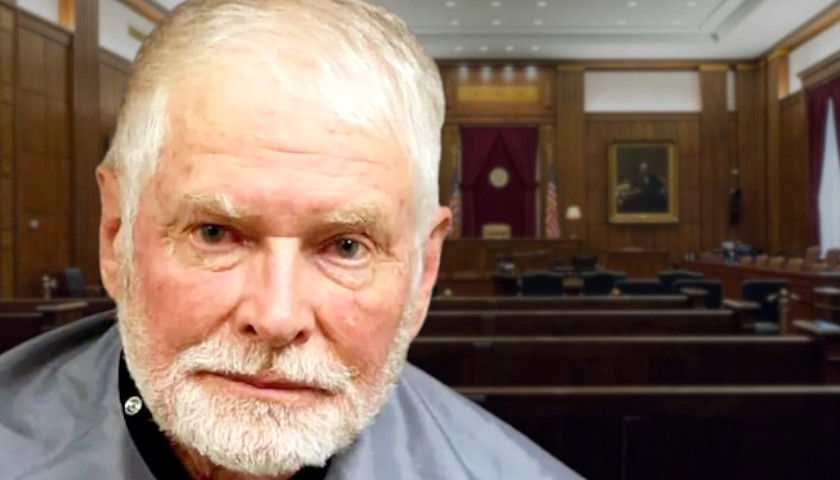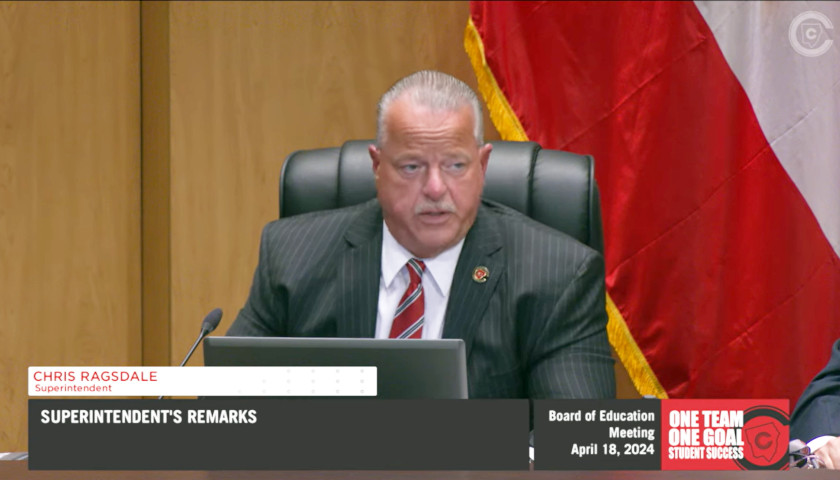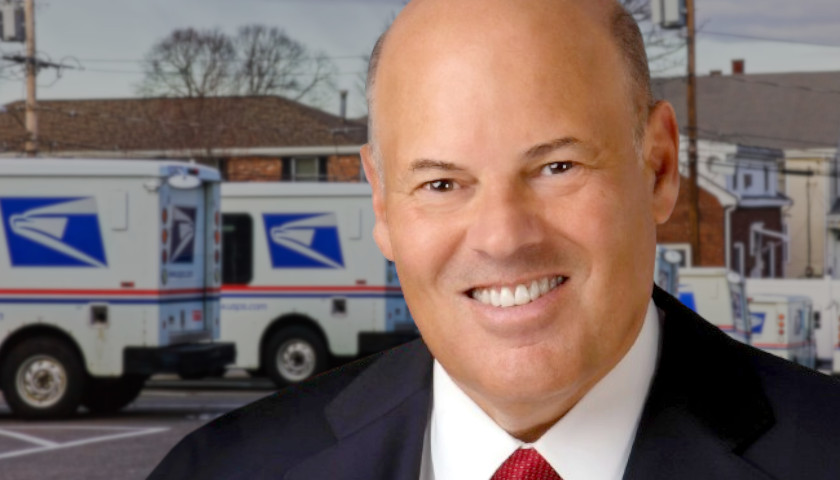by Scott McClallen
Felony charges against seven state officials linked to the 2014 Flint, Michigan, water crisis have been dismissed by Genesee County Circuit Judge Elizabeth Kelly.
The six-page decision follows a June state Supreme Court ruling it unconstitutional for a judge using a one-man jury to indict people without a preliminary examination.
“The indictments issued against Defendants are invalid and the charging process was void…,” Kelly wrote.
The order drops charges against Nick Lyon, former state health director; Eden Wells, former state medical executive; Richard Baird and Jarrod Agent, former Gov. Rick Snyder employees; Gerald Ambrose and Darnell Early, former Flint emergency managers; and Nancy Peeler, former state Health Department employee.
The state brought misdemeanor charges against Snyder and former Flint Public Works director Howard Croft, which aren’t affected by the decision since a separate court handles them.
Kelly didn’t dismiss the case with prejudice, meaning that prosecutors can refile charges within the statute of limitations.
“If the People seek future charges against Defendants, they must follow one of the proper charging procedures outlined by the Supreme Court,” Kelly wrote.
The ruling is another setback for the state in the Flint water trial. In September, a judge denied Attorney General Dana Nessel’s appeal of a decision that she must use a taint team to separate legal documents, which her office said could augment the total trial taxpayer cost to $90 million.
Still, the state’s investigation leaders, Wayne County Prosecutor Kym Worthy and Solicitor General Fadwa Hammoud, said they would pursue charges.
In 2019, Nessel took office and dropped the first round of Flint-related charges, saying she would restart the investigation.
The Flint water crisis began in 2014 when health officials switched the city’s water supply to the Flint River as a cost-saving measure. The water wasn’t treated for corrosion control, resulting in lead and other contaminants leaching into the drinking water, which supplied roughly 100,000 people.
Kelly said that the court is bound by the Supreme Court ruling.
“Because the one-person grand jury does not have the power to issue indictments, the indictments issued in the felony Flint water cases were void ab initio,” Kelley wrote. “Therefore, anything arising out of the invalid indictments are irreconcilably tainted from inception.”
Lyon’s attorney welcomed the ruling.
“The ruling was the logical result of a misguided prosecution which used unlawful processes to investigate crimes that never occurred,” the statement said. “For over six years, the prosecution has ignored what actually happened and, instead, pursued unsupportable claims and legal theories.”
It’s unclear whether state officials will file charges a third time. Nessel’s office hasn’t yet responded to a request for comment. If charges are refiled, Lyon says a “fair and impartial investigation” would exonerate him.
“There was no basis in 2017 to charge Director Lyon, no basis in 2021 to charge him again, and there is no basis today,” the statement said. “This misuse of the criminal justice system has to stop.”
– – –
Scott McClallen is a staff writer covering Michigan and Minnesota for The Center Square. A graduate of Hillsdale College, his work has appeared on Forbes.com and FEE.org. Previously, he worked as a financial analyst at Pepsi.
Photo “Flint Water Plant” by George Thomas.CC BY-NC-ND 2.0








